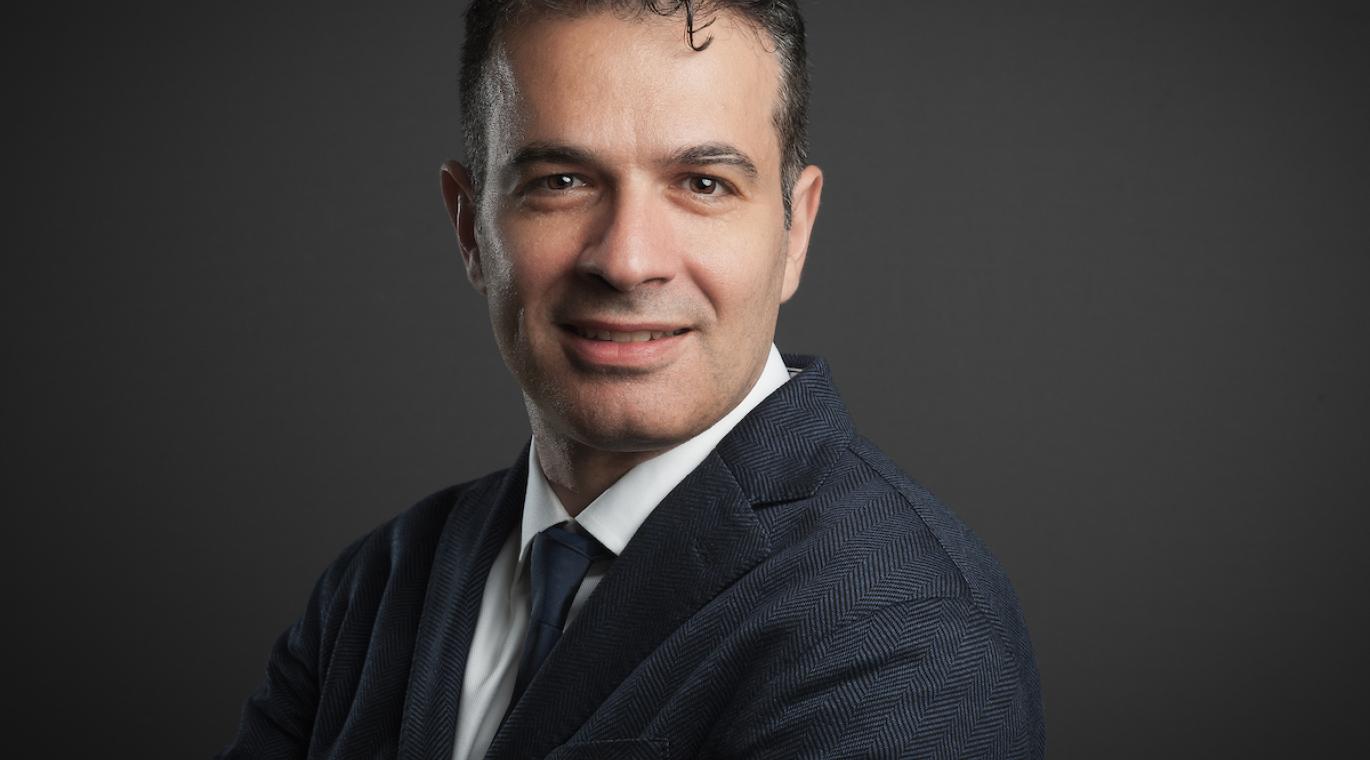
Dr. Naji Touma is an associate professor in the Department of Urology at Queen’s University. His research and teaching focus is on medical education, and he has been the successful recipient of SEAMO’s Medical Education Development Program funding in the past year. Through that funding, Dr. Touma was able to attend the Harvard Macy Institute (HMI) course for educators in health professions, as well as the HMI course on assessments. Dr. Touma has plans to attend the HMI Leadership and Innovation course next year. This much appreciated support by the SEAMO MEDP program has allowed Dr. Touma to further his scholarship in medical education.
Dr. Touma explains he has been fortunate to lead an annual mock exam and course for Canadian chief Urology residents for the last 10 years. “The event is called QUEST (Queen’s Urology Exam Skills Test) and prepares residents for their upcoming Royal College examinations and has been organized by faculty from Queen’s Department of Urology for the last 26 years. Beyond its educational value, QUEST has served as an important driver of Canadian scholarly work. Over the years, at least 20 peer-reviewed papers, and many more abstracts have been published as a result of this event. “When the CanMEDS framework was introduced, many programs struggled to incorporate it into the teaching curriculum and generate appropriate assessment tools. QUEST has served as an incubator to evaluate graduating residents’ grasp of different roles such as scholar, communicator, manager, and health advocate. QUEST has also allowed the evaluation of the study habits of urology residents, and helped identify important learning needs,” Dr. Touma explains. “With an ongoing opioid epidemic, surveys have looked at the narcotics prescribing habits of graduating residents. When new technology was introduced into practice such as prostate magnetic resonance imaging, QUEST assessed the experience of trainees into its interpretation. It has also gauged graduates’ comfort with performing major oncological procedures independently, and their level of exposure to robotic surgery when this surgical approach proliferated in Canadian academic institutions.”
Dr. Touma says at a time when person-power in Canadian Urology is a salient topic, this venue has served as an important source of information on the graduates’ attitudes on fellowships and jobs. “QUEST has also allowed the assessment of burnout among graduating Canadian urology residents, and the impact of the pandemic on the well-being of our trainees. Most importantly, performance on QUEST has been shown to be a predictor of outcomes on the Royal College exam, as well as the American Board of Urology – Part 1. We have also shown that training programs play a key role in their residents’ performance on these summative exams,” he describes.
Dr. Touma is also happy to be part of the postgraduate Urology program at Queen’s. “This is a point of pride for our Department,” he says. Dr. Touma’s clinical practice is varied: “I see a variety of urological problems, but my surgical focus is on minimally-invasive surgery of the kidneys and the adrenal glands.”
One thing Dr. Touma wants people to know about Urology is it is not a field addressing diseases of men by men. “The truth is we address a wide variety of diseases of both men and women. While traditionally the field has been mostly male-dominated, there has been increasing numbers of talented female urologists. Our residency program is currently 50:50. We want the best talents to apply to our specialty, and diversity will only improve the care to our patients,” he explains. This is why Dr. Touma firmly believes “Urology is the best hidden secret in medicine!”
